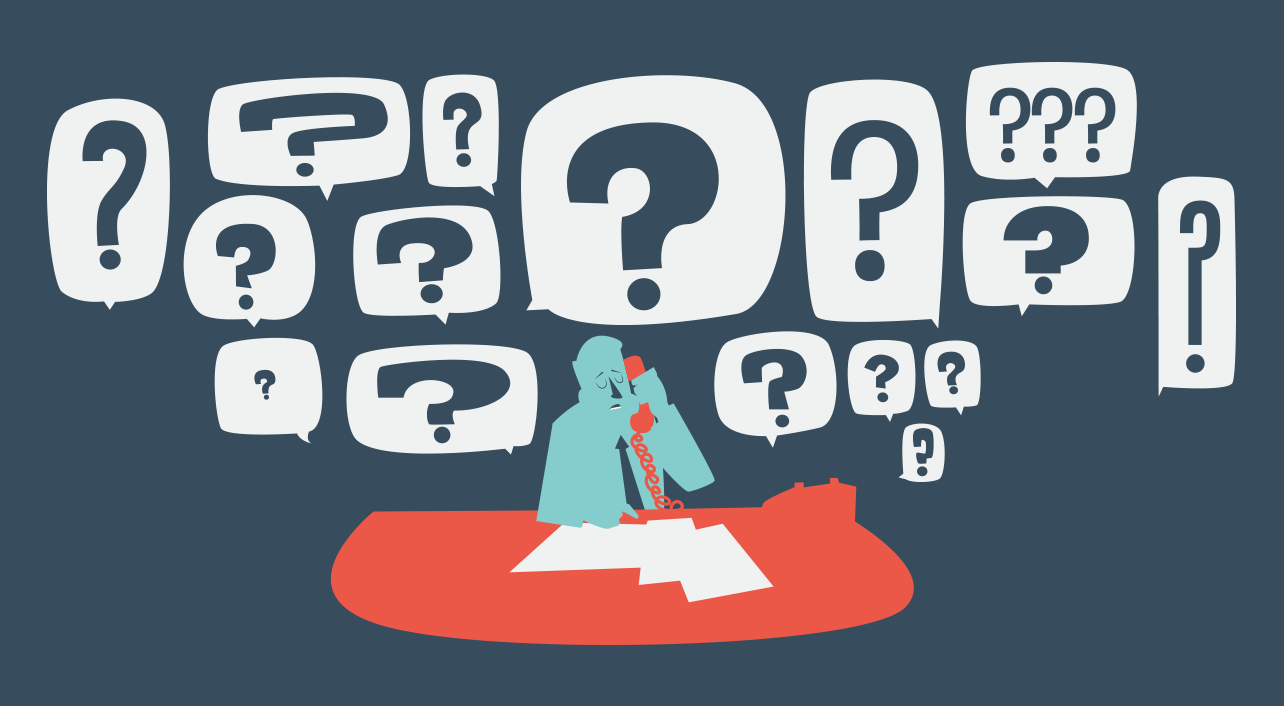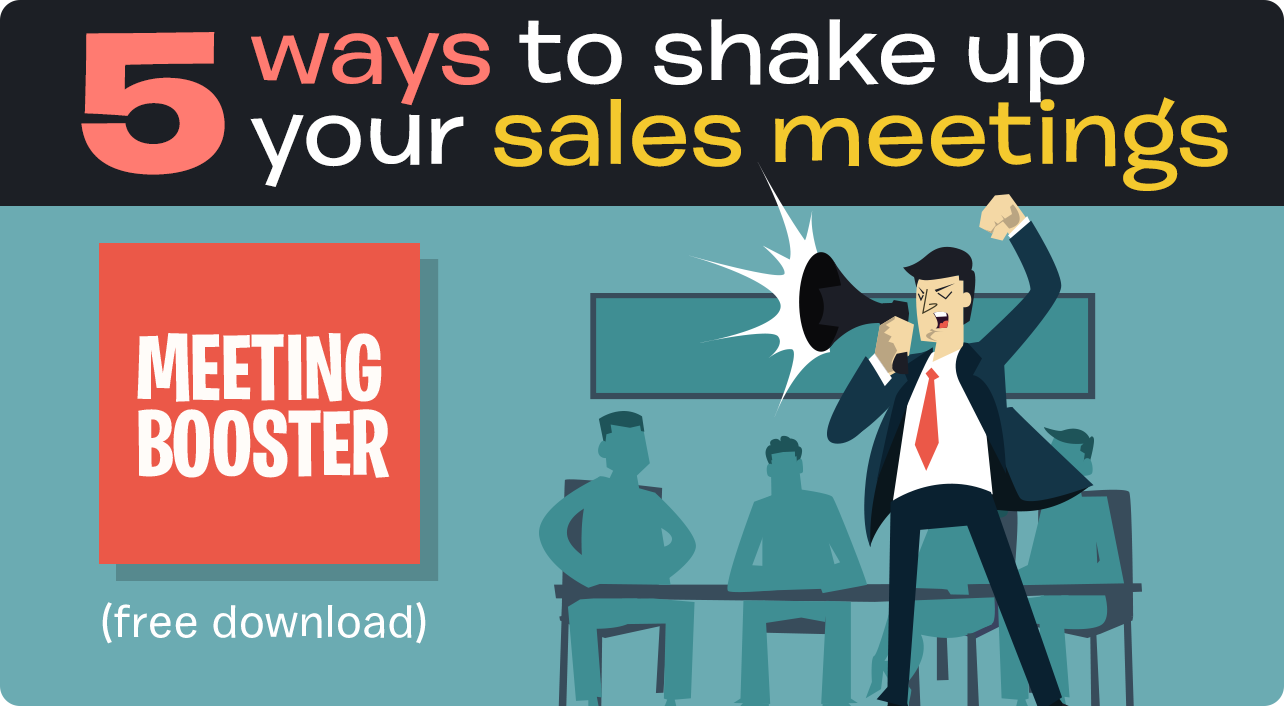- sales
- Blog post
Why salespeople don’t ask for referrals – and why they should
Surprisingly, we’ve found that referrals often aren’t on the radar screen for sales organizations we deal with. Of course that depends in part on the business model. But it does leave us scratching our heads. Because referrals are the most valuable leads in sales. By far.
Let’s look at some numbers:
- Studies show that referrals are much more likely to turn into sales than cold contacts – according to one estimate, 180 times more likely.
- Referred customers are almost 20 percent more likely to stick with you than other buyers.
So more sales. And more loyalty. Who wouldn’t want that?
Yet, evidence shows that as few as 11 percent of salespeople actually ask for a referral. And very few sales leaders make them a priority.
Why worry about referrals?
The reason referrals get back-burnered, I think, is because everyone worries that asking for a referral could put a relationship with the customer at risk. “I might come across as too pushy,” the salesperson thinks. “It’s all about what I want – there’s nothing in it for my current buyer. So why would they want to help me out?”
Guess what? Research suggests that belief is dead wrong. If you have a good relationship, customers are probably way more willing to give you a referral than you think.
And not just to do you a favor. To do themselves a favor.
What kind of favor?
Research shows that when your buyers give you a referral, it makes them feel more important to themselves, their friends and their colleagues.
That’s a hard concept to get your head around. Let me try to explain.
Think of a time when you told a friend about a great new restaurant, a trustworthy mechanic or a new product that exceeded your expectations. You didn’t do it just to help out the restaurant, the mechanic or manufacturer. It made you look like you’re in the know. And it helps your friend. They want to eat at a great restaurant. They need a mechanic. They’ll benefit from the product. So you’re helping them out.
The same goes for sales. If we buy from a really good salesperson, we’re happy to connect them with a friend or colleague, because we think the salesperson will be an asset. And that makes us – the buyer – more valuable to our friends and colleagues.
The bottom line: Your buyers can get two benefits from referring you: It makes them feel good about themselves, and it makes them more valuable to their friends and colleagues.
Now there is a methodology to asking, but that’s a different topic. The takeaway here is that if you, the salesperson, ask for a referral, you can improve your relationship with your buyer, not put it at risk.
So why wait?
Source: “Receiver Responses to Rewarded Referrals: The Motive Inferences Framework,” Verlegh et al, 2008, Journal of the Academy of Marketing Science, Nov. 2013.

Get a demo of all our training features
Connect with an expert for a one-on-one demonstration of how BTS Total Access can help develop your team.




1 Comment
Hello !!
My insurance agent, by the way, he calls himself “Patrimonial Advisor” not insurance agent…. He is always asking me about referrals, I already give him several names of coleagues and relatives, and gess what? these collegues and relatives called me to confirm the value and benefits I get by working-investing with This guy, my “PA”, so I explain that to them and both of them invested on an specific product, so it is true, I fet good because I recommend a good “PA” to my Friends and I confirm that they see me as someone with experience on those kind of investments….